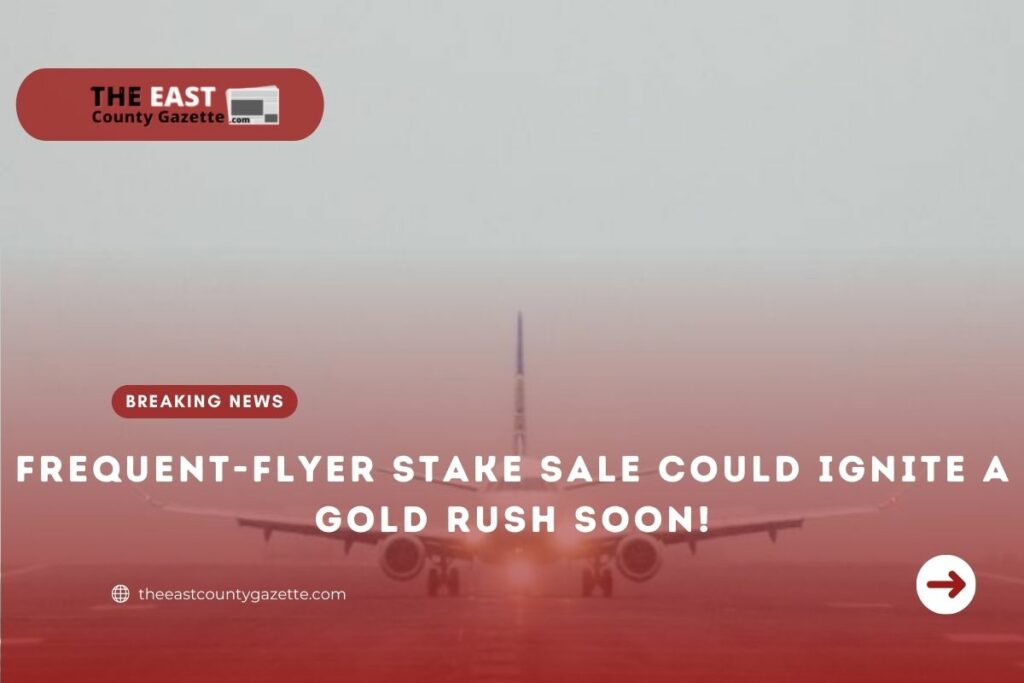Other carriers may consider a similar move in uncertain economic times as United Airlines Holdings Inc. considers selling some of its MileagePlus program.
Most major airlines are lucky to have frequent-flyer programs that generate as much revenue as airline tickets.
Nevertheless, carriers generally prefer to keep the steady cash flow and profits that loyalty plans offer rather than selling them because travel junkies are hungry for miles.
Almost immediately after offloading the programs, a number of airlines regretted their decision, MSN reported.
As a result of in-house loyalty plans, carriers have been able to access cash to raise cash and use them as collateral during periods of financial hardship. American Airlines Group Inc., Delta Air Lines Inc., and United all issued bonds backed by their programs in order to survive the pandemic.
There has been a rationale against divesting these programs outright, arguing they are innately related to underlying products, and separating them would not be beneficial.
Bloomberg News reported on Wednesday, citing sources familiar with the matter, that United is looking for only a small stake, 15% or less.
A deal may not be reached, the sources said, as the talks are in their early stages.
Representatives from United, American, and Delta declined to comment.
Gary Leff, a travel loyalty program expert, and blogger said that a potential sale may not constitute an abrupt departure.
Read More: 40,000 Loyal Tesla Fans Urges Joe Biden to Recognize the Company’s Leadership in Electric Vehicles.
As a pioneer in monetizing its loyalty program, United has the ability to unlock value while maintaining customer stability since it holds a majority stake.
“They did more than anyone to become a ‘cash first’ program, tying elite status directly to ticket spend and selling debt backed by the program in a way that competitors copied,” he stated.
Alex Miller, founder, and CEO of the UpgradedPoints travel blog said United’s competitors will examine its strategy closely.
“American and Delta will certainly consider a sale of their programs,” he said. “It’s an easy way to raise cash on the backs of their programs during a time when airlines are trying to recover from a global pandemic.”
American and United introduced new loyalty programs within days of each other in May 1981.
As a result, both the number of members and their financial significance to airline balance sheets have exploded in recent years.
Major banks like JPMorgan Chase & Co., American Express Co., and Bank of America Corp. pay billions of dollars to buy miles for users of co-branded credit cards that they issue.
In a time of recessions and other downturns when travel, and consumer spending are reduced, these cash flows offer airlines a financial edge.
According to a person familiar with the company’s thinking, United’s potential sale is based on leveraging the new partner’s expertise in monetizing the company’s data to enhance the program’s financial performance.
With a good sale, the balance sheet wouldn’t need to be strengthened by additional debt or equity.
When United used MileagePlus to guarantee $6.8 billion in bonds and loans in 2020, the Chicago-based company valued the program at nearly $22 billion.
According to MileagePlus’ pitch to bond investors, MileagePlus earned nearly $2 billion on sales of $5.3 billion in 2019.
An Uncertain Value
Amidst the Covid-19 pandemic, the value of carriers and their assets can be difficult, as corporate and international travel is still weak in comparison to 2019.
Although the pandemic’s course remains uncertain, analysts expect both to rebound over the next two years.
Standard & Poor’s airline stock index is down 33% since the beginning of 2020, just before lockdowns began. Meanwhile, the S&P 500 is up 40%.
United is considering a strategy that has already backfired for other airlines.
As loyalty programs frequently see transfers of ownership, the interests of the new owner conflict with those of the carrier, which weighs factors such as costs to ensure frequent flyers are satisfied.
In two phases from 2005 to 2008, Air Canada’s parent company spun off its Aeroplan program, generating $600 million (about $470 million).
Ultimately, the airline repurchased the program after declining to renew its contract with the plan’s operator in 2017.
“Air Canada and Aeroplan show what can happen with a complete spinoff, where interests of separate companies aren’t aligned and the airline can’t stay competitive in its loyalty offerings,” Leff said.
Keeping the programs tied to airlines’ revenue management will help maximize profits, said Raymond James & Associates analyst Savanthi Syth.
According to her, Air Canada, Latam Airlines Group, and Brazil’s Gol Linhas Aereas Inteligentes SA all sold part or all of their plans to raise cash, but then reversed course.
Read More: White House Encourages Residents to Make Use of Funds From the Low-income Energy Program.
“Every program that has been sold or spun out, most of them are now back inside the airline or there are airlines that are desperately trying to bring them back in,” Syth added.

